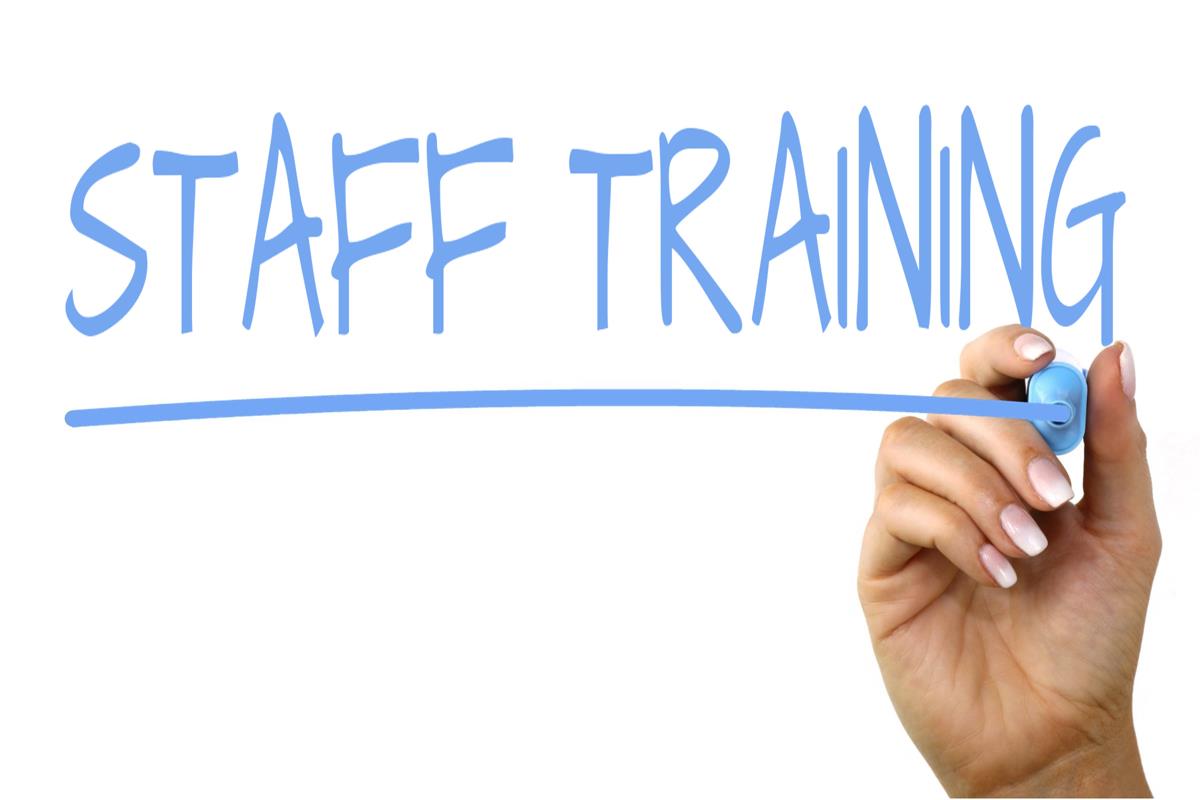In my blog post A Parent’s Suggestions for Improving the Division of Youth Services, I outlined several areas DYS needs to improve upon. The second area is the hiring and training requirements for staff, which I believe need to be more comprehensive. DYS can improve the environment inside its facilities by making these changes to its hiring and training practices:
- Conduct more thorough background checks to include polygraphs and psychological testing
- Create a training academy for staff (similar to those detention deputies attend) to specifically include Crisis Intervention Team (CIT) training, de-escalation techniques, and arrest control tactics
- Require quarterly in-service training to ensure staff consistently follow proper procedures
- Offer better pay for staff more in line with detention deputy salaries
I realize DYS wants to consider its facilities treatment centers, but the truth is, these are juvenile detention centers and prisons, and unfortunately a lot of the kids that are in them will be the adults in county jails and adult prisons in the future.
For the safety of both youth and staff in juvenile facilities, I propose that DYS be required to provide the same level of training to its staff as is provided for detention deputies in county jails. If the staff were properly trained in crisis intervention, de-escalation techniques, and arrest control tactics, this would help eliminate assaults and injuries to youth and staff and maybe even the need for restraints all together. Additionally, quarterly in-service training should be required to ensure that staff is continuing to follow appropriate protocol.
Staff should also undergo the same thorough background checks that are required of detention deputies, including polygraph exams and psychological evaluations. Actually, the background checks for those wanting to work with children in a detention setting should be even more thorough to prevent the sexual abuse of youth by staff members, which is all too common in DYS facilities.
Lastly, staff should be paid better to prevent high turnover. According to recent job postings in the state of Colorado, the starting salary for a detention deputy is roughly $54,000 per year. The starting salary for a Youth Services Specialist is approximately $42,000 per year. Both work in detention facilities, but one is significantly under-trained and under-paid.
Why is the safety of youth and staff in juvenile detention facilities less important than the safety of staff and adults in county jails? It’s time DYS created a better environment for kids and staff by imposing greater hiring and training requirements.
Up Next: Improving DYS: Security Measures


